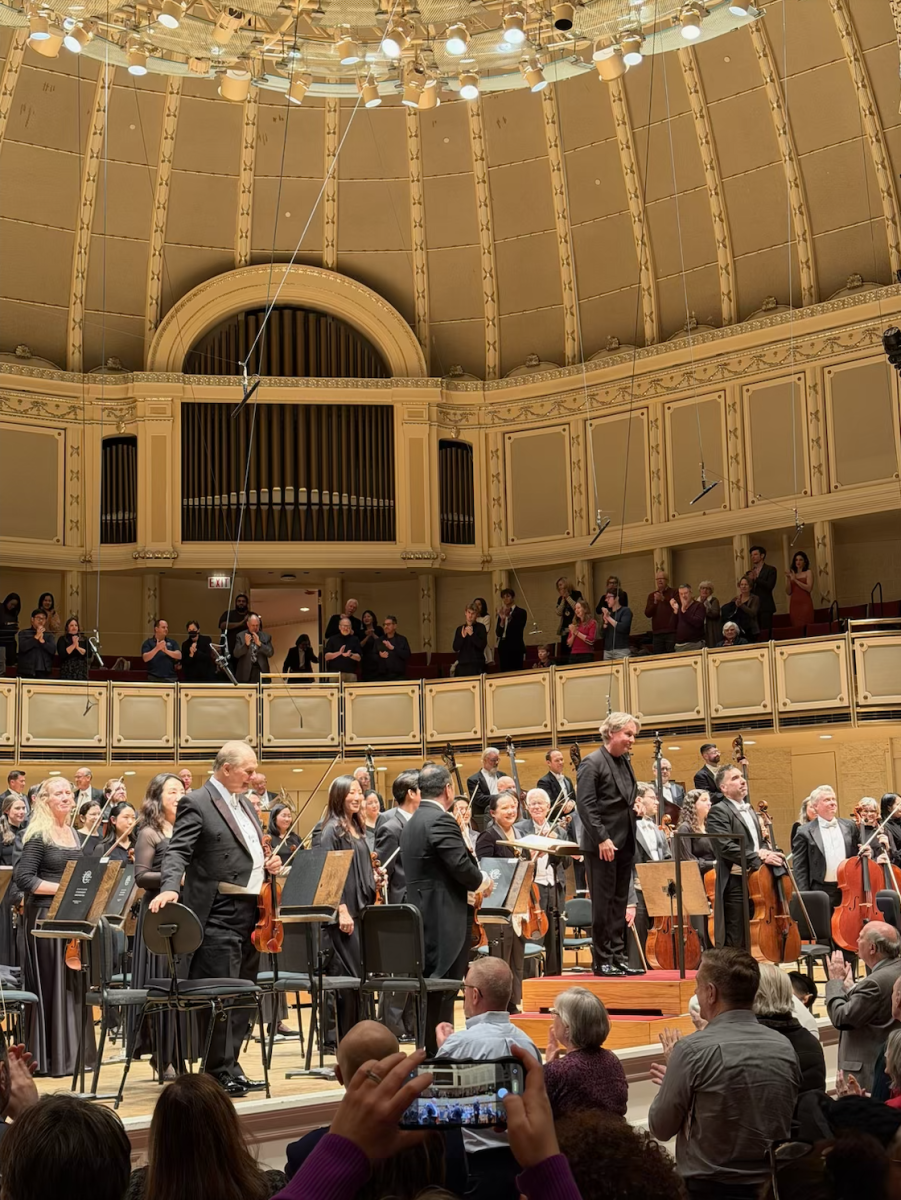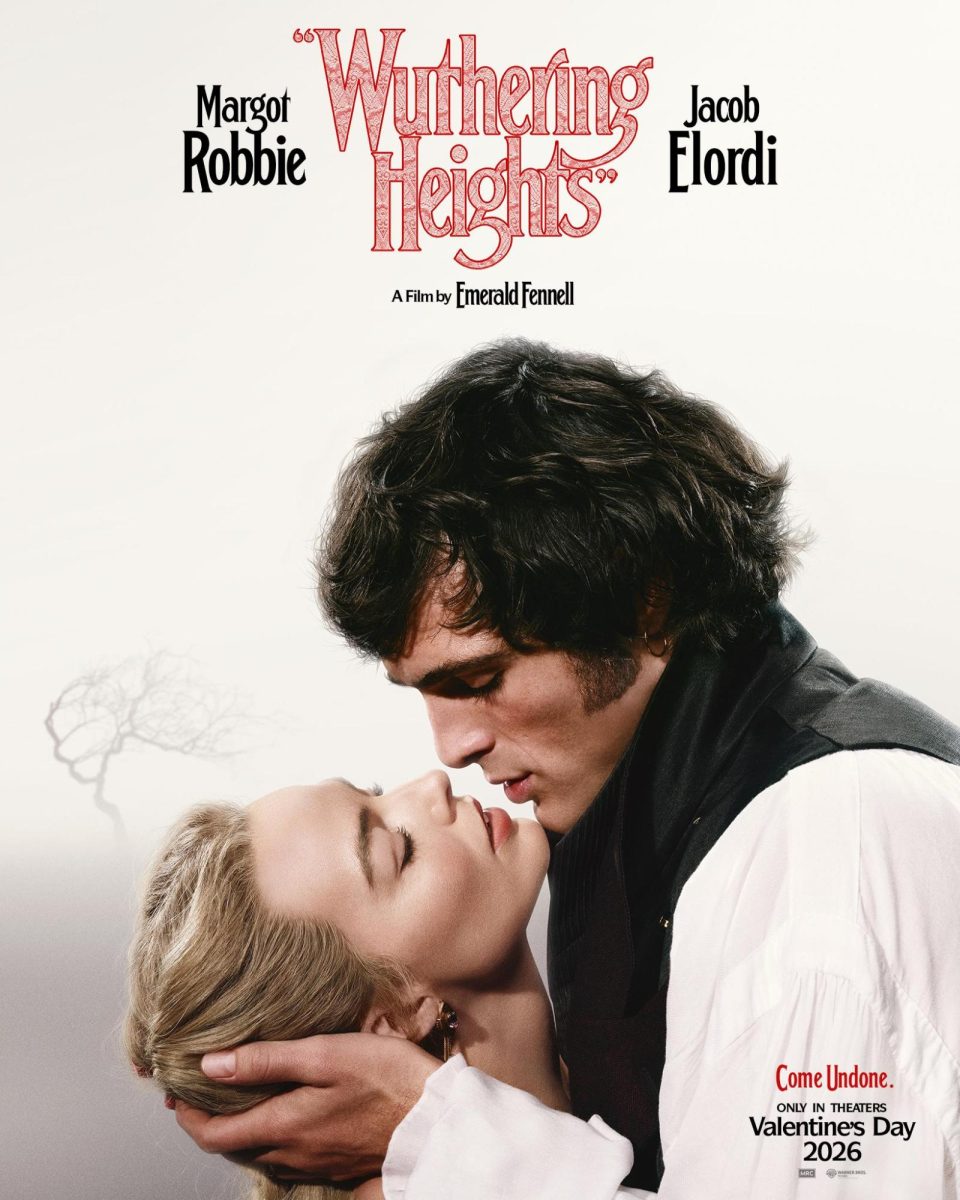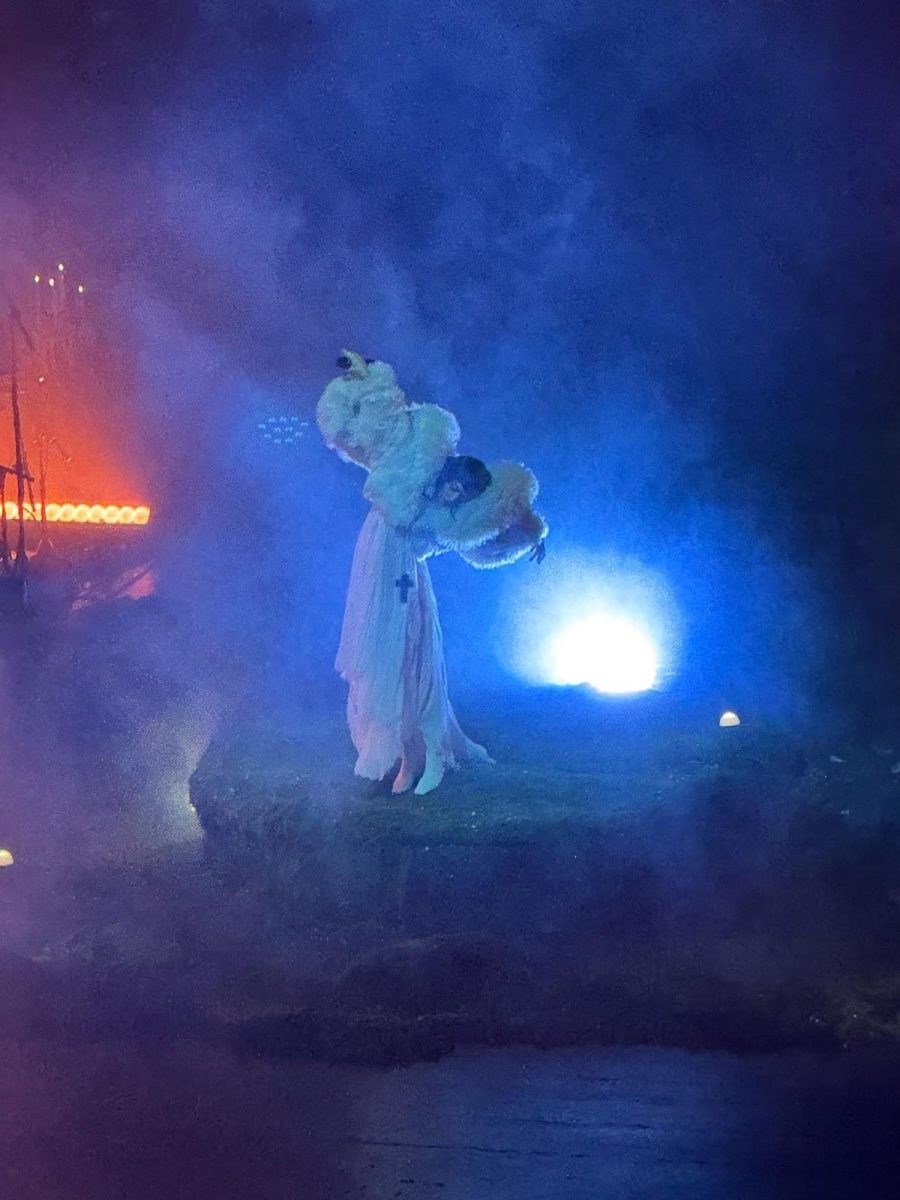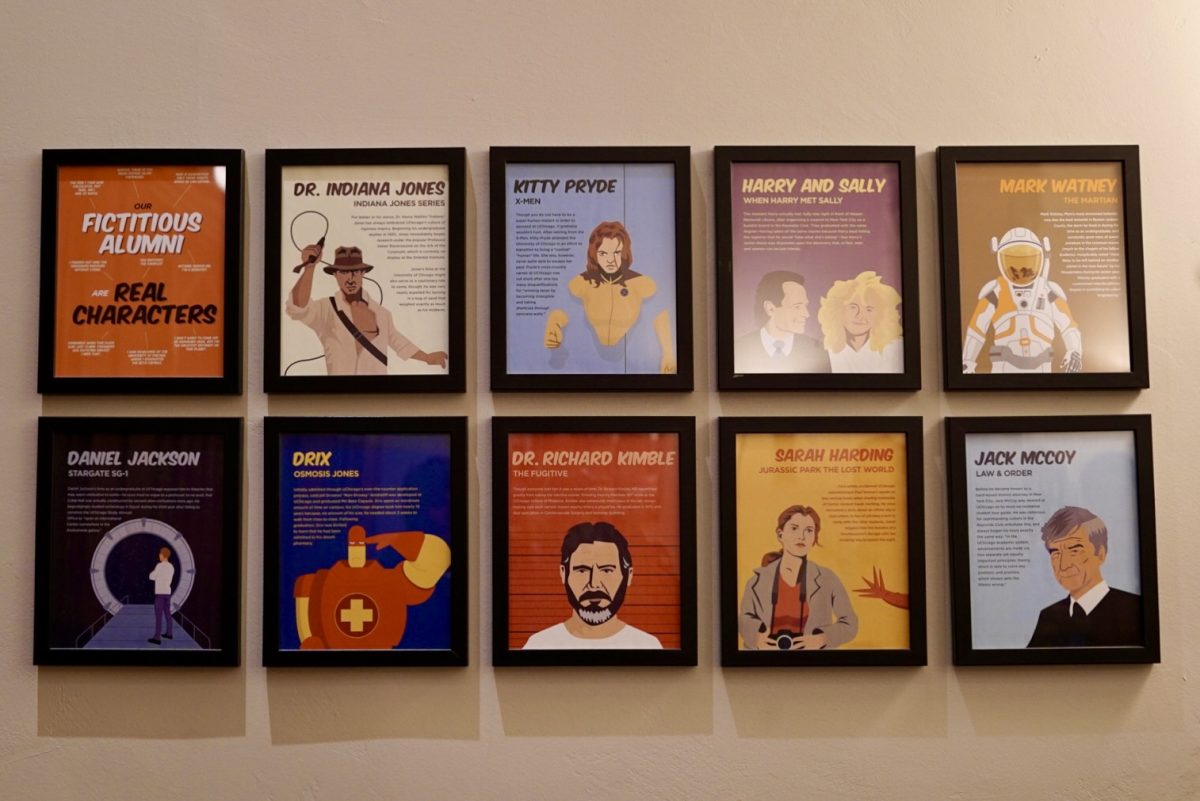If there is any single element that can define a certain “Chicago sound” in the diverse array of instrumental music coming out of the Windy City today, it would be that of creative exploration, and consequential indescribability. There is no real “Chicago sound” per se that defines the music, but more accurately a web of influences and interconnections that binds various backgrounds and influences at multiple points and continuously stretches, expands, and reconnects. Chicago’s Association for the Advancement of Creative Music (AACM), which was founded in the 1960s to challenge the limits of what was considered music, jazz, and even instruments, could be the focal point around which this web spins.
The web winds around the Art Ensemble of Chicago, which expanded instrumental music by acquiring a huge collection of non-Western instruments in its journey from bebop to African rhythms to Asian spiritual philosophies. It reaches Chicago musicians today such as flutist Nicole Mitchell, who simultaneously uses her voice and flute in her African-inspired compositions for her large ensemble. The web also reaches from the adventurous jazz of the Chicago Underground Duo to the lush musical complexities of Tortoise to the blissful minimalism of Town and Country. Each of these groups is unusual in its sound, audience, approach, and arrangements, but is also distinctly Chicago in its musical explorations, which pay homage to jazz, but courageously seek to explore the boundaries of its instrumentation and jump the crooked lines that define genres.
The one element that defines all of these current Chicago bands is their resistance to definition. The Art Ensemble of Chicago synthesizes jazz, African and Caribbean music, and spiritual espousal in its passionate performances. Town and Country sounds like electronic-acid-hypnotic exploration along the lines of Air, but their songs are surprisingly entirely acoustic. The Chicago Underground is rooted in a dynamic jazz duo, but expands to make way for the use of other musicians, instruments, and electronic fusion.
The one other component which ties together the web of the aforementioned Chicago bands is their collaboration with one or more of the ingredients of Sticks and Stones, a trio made up of bassist Josh Abrams, drummer Chad Taylor, and alto-saxophone player Matana Roberts. Formed eight years ago at the Sunday jam sessions at Fred Anderson’s Velvet Lounge—the seminal incubator for creative jazz in Chicago’s South Loop—Sticks and Stones has just released their second album, Shed Grace (Thrill Jockey), and is returning to the Velvet Lounge this Friday and Saturday night for two album-release shows.
A trio of young Chicago natives, Sticks and Stones follows the lineage not only of free jazz in Chicago, but also of the community of mentorship and collaboration that has made possible the fluidity and persistent creativity of Chicago’s experimental music. As their ease playing together made Fred Anderson ask the three to be the house band at his Sunday night jam sessions, Roberts was also hosting jam sessions at Jimmy’s Woodlawn Tap. Though she had been a member of the AACM, playing with Taylor and Abrams was her first collaborative project, and, as she said in a recent phone interview from New York, the more experienced Taylor and Abrams encouraged her to write compositions. Roberts names as some of her influences the saxophone luminaries Fred Anderson and Von Freeman, as well as flutist and composer Nicole Mitchell, one of the female leaders in the male-dominated jazz scene.
While it is Roberts’s sax playing that creates the melody of Sticks and Stones’ compositions, it is the magic of the trio’s collaborative efforts which drives the group’s overall sound. On Shed Grace, as on their first self-titled album of 2002, the compositions are divided equally between the three members, with a few chosen covers as well. And while their covers of Fela Kuti’s “Colonial Mentality,” Thelonius Monk’s “Skippy,” and Billy Strayhorn’s “Isfahan” are three magnificent minimalist reinventions of the originals, it is the musicians’ original compositions and eloquent musical discourses that reveal the strength of this trio. As Roberts put it, “Bass, sax, and drums is a very naked kind of thing. You really have to write for the players.” The players, then, are extremely respectful and complementary of one another.
Josh Abrams, whose credentials include collaborations with the Roots, Town and Country, the David Boykin Expanse, Nicole Mitchell’s Black Earth Ensemble, and Tortoise, among others, once again lets loose his sophisticated and groovy bass playing on the new record. Drummer Chad Taylor, who is one-half of the Chicago Underground Duo, and has played with the late Malachi Favors and the Art Ensemble of Chicago, weaves craftily and diversely in and out, and in between the solos of Roberts and Abrams. His masterful talents as a percussionist are utilized wonderfully in his two-minute solo introduction to Abrams’ composition, “The Refusal.”
Matana Roberts moved to New York City in 2002 and has since been working in a variety of musical and multi-media projects, including the 22-piece cross-genre ensemble Burnt Sugar, which has played at the Knitting Factory as well as around Europe, and a trio called If ‘Trane Wuz Here, made up of Roberts, Tony Award-winning tap dancer Savion Glover, and poet Reg E. Gains. In this “naked” trio with Taylor and Abrams, Roberts divulges her talents as a competent composer and a mature sax player—juggling staccato riffs, melodious progressions, and just the right amount of pause and hesitation.
Sticks and Stones, an apt name for the bare-bones arrangement of a bassist, drummer, and sax player, is a much more traditional jazz arrangement than many of the other musical projects the three members have involved themselves in. However, precisely because of the straightforwardness and honesty of their jazz improvisational approach, the individual and collaborative talents of the three musicians are brought to the fore. As Roberts reflected on the uniqueness of Chicago’s music, she commented that “Everyone who has come out of Chicago has had a very unique sound. So for me, it was like, OK, I can’t sound like anyone else. I got to sound like me.”
The experience the three members collectively bring to the group supplies them with a mature sensitivity for jazz improvisation, as well as a confidence to explore the depths and boundaries of such a minimal collective. Sticks and Stones’ return to its birthplace this Friday and Saturday will be a highly-anticipated homecoming for the Chicago creative music community that took part in the trio’s development.








